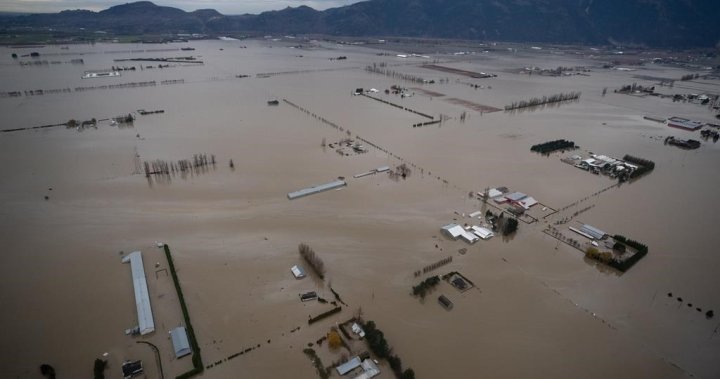Federal officials are set to say how much more likely Eastern Canada’s heat wave was because of human-caused climate change.
Environment and Climate Change Canada is scheduled to unveil the results of its rapid analysis into last month’s heat wave that enveloped parts of Ontario, Quebec and Atlantic Canada.
It will mark the public debut of Canada’s new rapid extreme weather event attribution pilot program, which officials say can determine whether and to what extent climate change made a specific heat wave more likely or intense.
Environment and Climate Change Canada is thought to be one of the first government offices in the world to publicly roll out a rapid attribution tool and automatically apply it to heat waves across the country, with results prepared within several days.

Scientists say attribution studies can inject climate science into public discussions of specific extreme weather events when it’s most relevant, while underlining the effects of planet-warming emissions.
Federal officials say they eventually plan to apply the program to other weather extremes, such as precipitation, and there is work ongoing to also extend it to wildfire activity.
The email you need for the day’s
top news stories from Canada and around the world.
Hundreds of attribution studies have been published over the past two decades, largely keeping with the same general premise.
Researchers run climate models under two scenarios, one based on a simulation of a pre-industrial climate and another based on a simulation of the climate we have now. They then compare the results to an observed heat wave to figure out how much it was influenced by human-caused global warming.
World Weather Attribution, which is made up of a team of international researchers, has been at the vanguard of rapid attribution science, collaborating with local scientists, including those with Environment Canada, on dozens of studies over the past decade that have helped standardize research practices.
Shortly after a heat wave relented over Mexico last month, the group released a report suggesting it was made 35 times more likely and about 1.4 degrees hotter due to climate change.
© 2024 The Canadian Press





